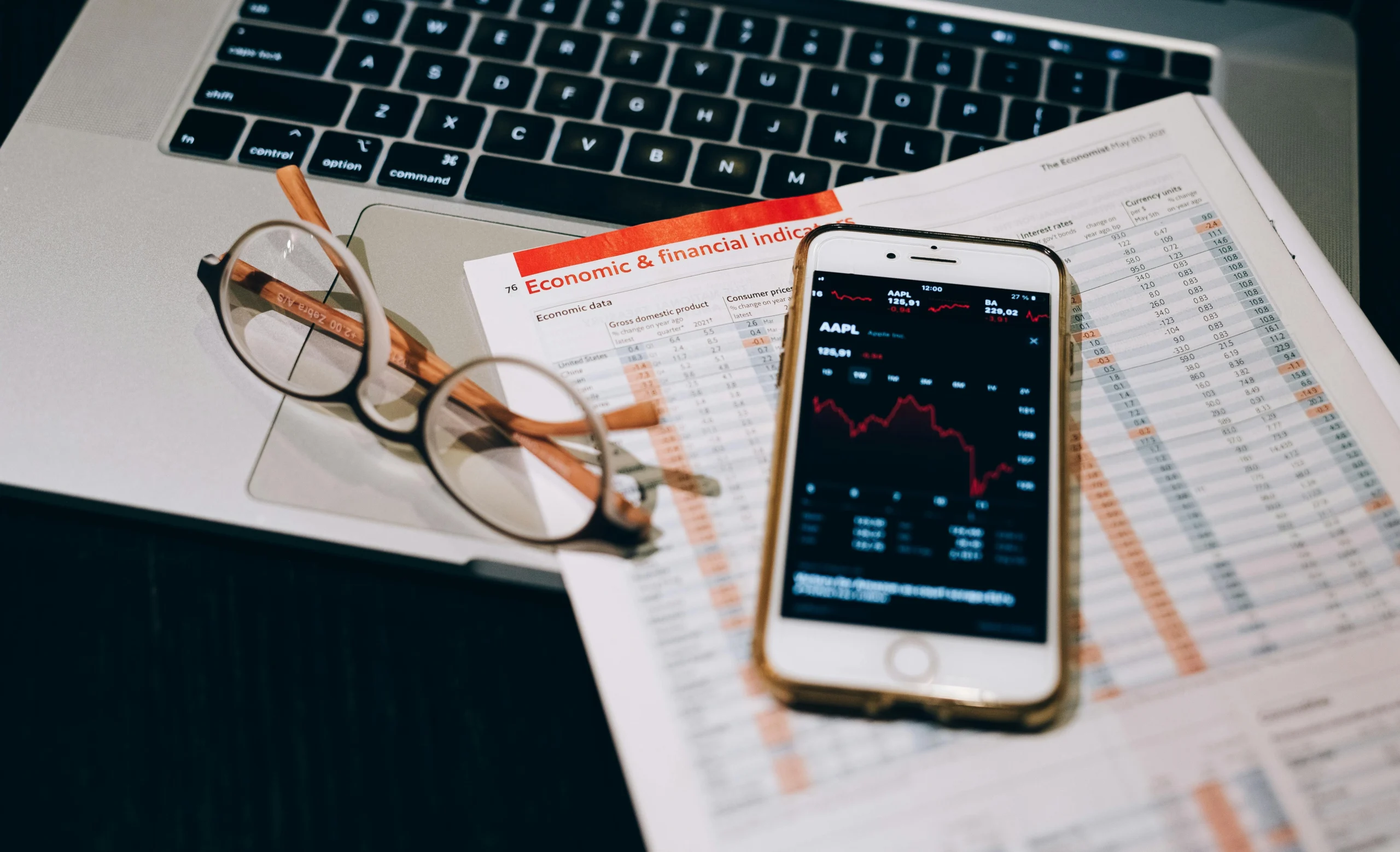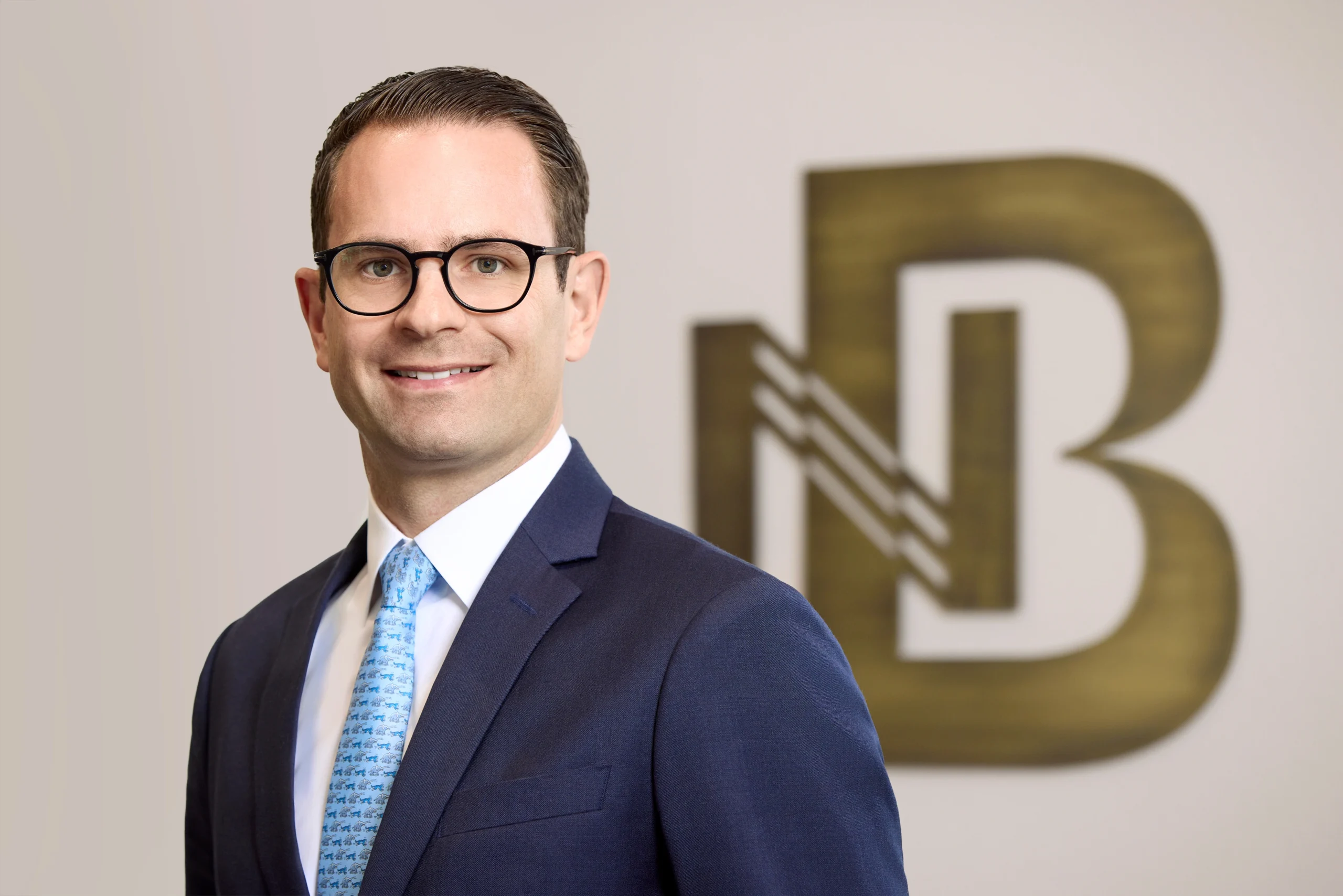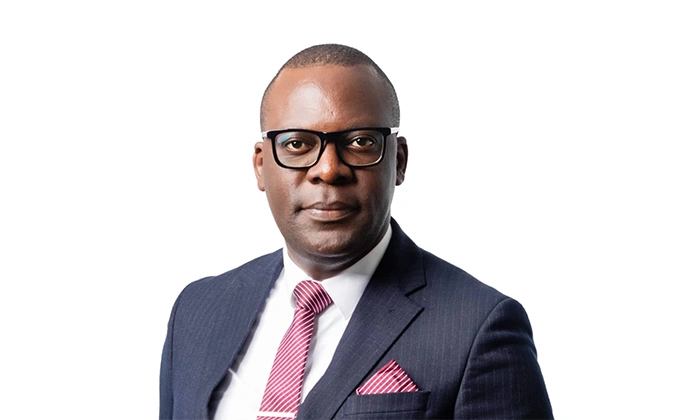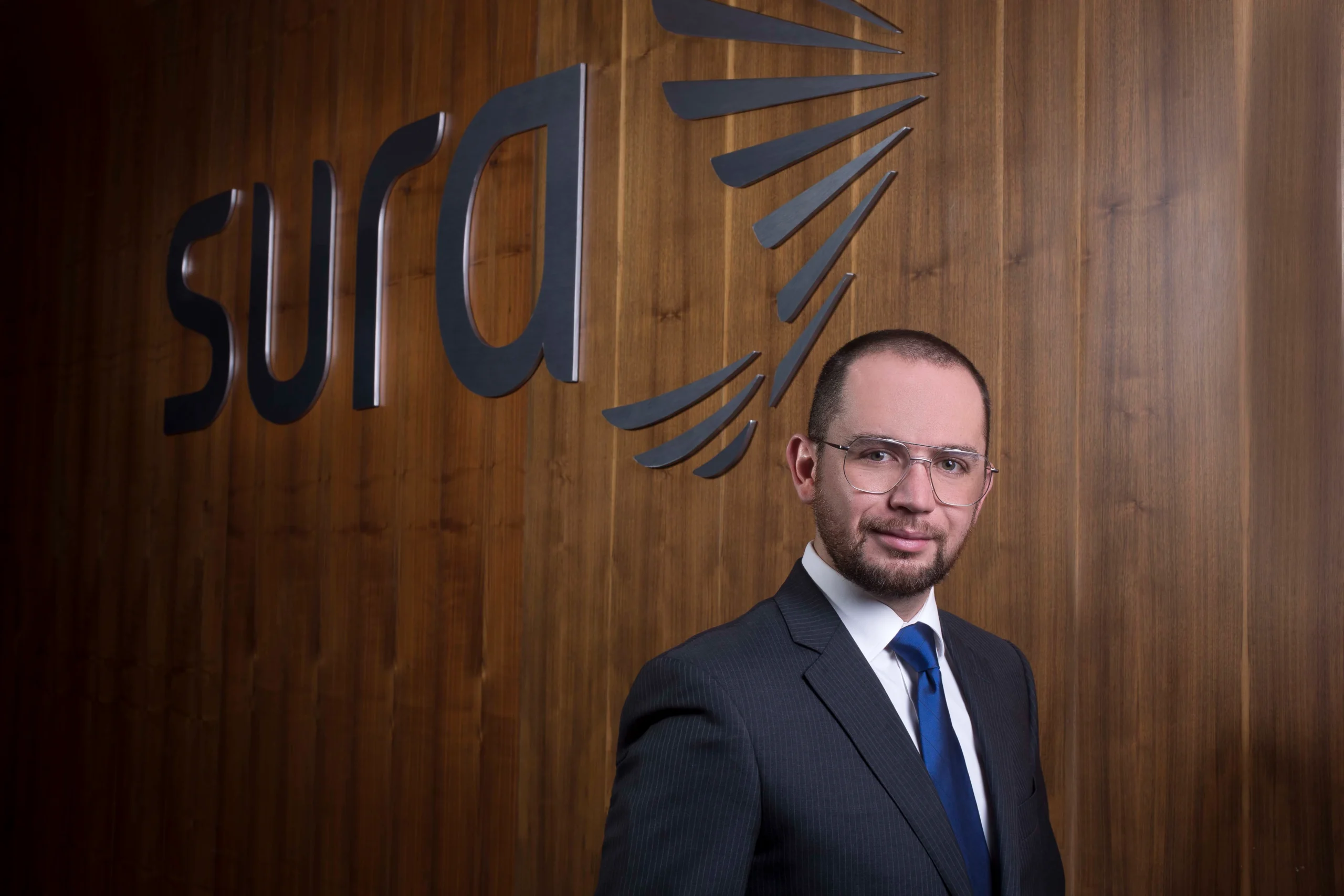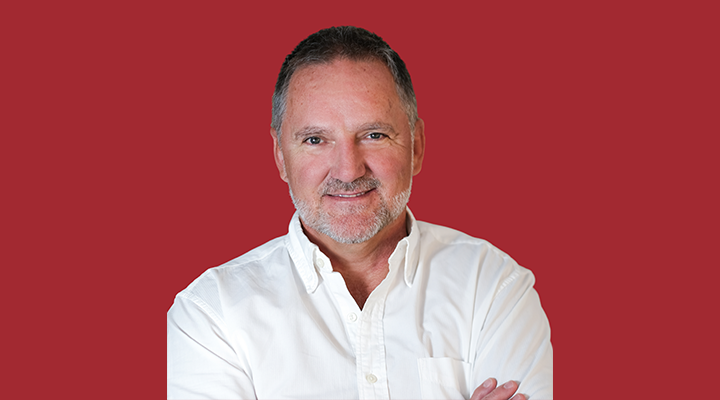Staying the course in an unpredictable market

John E. Kaye
- Published
- Asset Management, Banking & Finance

As 2025 delivers yet more market surprises, Munich-based asset manager Michael Kohlhase reflects on the discipline, doubt, and decisions that come with long-term investing—and why staying the course matters more than chasing trends
If recent years have been turbulent for investors, 2025 has turned out to be something else entirely—especially for those who expected the markets to follow a more conventional path.
Every investor faces familiar questions: What are my goals? What risks am I willing to take? Are there any constraints I need to factor in? These questions shape investment strategy—balancing asset classes, factoring in economic forecasts, and weighing political developments.
Personally, I’ve always leaned towards bonds over equities. The risk profile has always made more sense to me. That defensive positioning felt justified in the wake of the Covid-19 pandemic and the outbreak of war in Ukraine. It was a reasonable response to global uncertainty.
But markets had other ideas.
Driven by the AI boom, technology stocks soared. The broader stock market followed, seemingly in one direction only—up. And, in keeping with the old mantra, “the market is always right”, I had to acknowledge that the markets had moved in a way few predicted. Our positioning delivered solid returns, but not the spectacular gains seen in more aggressive portfolios.
Then came the US elections in late 2024. The initial announcements from the new administration were, to me as a European, unsettling. I braced for corrections, thinking markets might react. Once again, things turned out differently.
So, what now? Calling the markets irrational doesn’t help, nor does panicking. What matters is staying grounded. The first step is always the same: revisit your strategy. Does it still align with your profit goals and tolerance for risk? Has your liquidity position changed? Were there mistakes in execution?
If the fundamentals still hold, then it’s time to stop chasing headlines. When everyone’s talking about a hot asset class, chances are the big gains have already been made. Yes, it may feel like a missed opportunity—but others will come.
Diversification, too, comes under scrutiny in times like this. It’s essential, yes. But when a handful of stocks outperform dramatically, it’s tempting to question whether a broad strategy is holding you back. That line of thinking, however, is where risk and long-term goals start to blur.
This is when I ask myself: am I investing, or am I trading?
Traders move constantly. Investors think long-term. I’m an investor. I accept that markets are volatile and that some phases must be ridden out. Eventually, there’s time to rebalance, to adjust, to reposition.
At this point, I review, recalibrate, and wait for the right opportunities to emerge—because they always do.

Michael Kohlhase (b. 1971) is Managing Partner of a family-run asset management and fund boutique based in Munich. He likes bonds and bond funds.
Further information
www.kohlhase.com
Main Image: Pixabay / Pexels
RECENT ARTICLES
-
 Managing cross-border risks in B2B e-commerce
Managing cross-border risks in B2B e-commerce -
 J.P. Morgan launches first tokenised money market fund on public blockchain
J.P. Morgan launches first tokenised money market fund on public blockchain -
 Aberdeen agrees to take over management of £1.5bn in closed-end funds from MFS
Aberdeen agrees to take over management of £1.5bn in closed-end funds from MFS -
 Enterprise asset management market forecast to more than double by 2035
Enterprise asset management market forecast to more than double by 2035 -
 EU Chamber records highest number of entries for 2025 China Sustainable Business Awards
EU Chamber records highest number of entries for 2025 China Sustainable Business Awards -
 Inside Liechtenstein’s strategy for a tighter, more demanding financial era
Inside Liechtenstein’s strategy for a tighter, more demanding financial era -
 ‘Stability, scale and strategy’: Christoph Reich on Liechtenstein’s evolving financial centre
‘Stability, scale and strategy’: Christoph Reich on Liechtenstein’s evolving financial centre -
 Bridging tradition and transformation: Brigitte Haas on leading Liechtenstein into a new era
Bridging tradition and transformation: Brigitte Haas on leading Liechtenstein into a new era -
 Liechtenstein in the Spotlight
Liechtenstein in the Spotlight -
 Fiduciary responsibility in the balance between stability and global dynamics
Fiduciary responsibility in the balance between stability and global dynamics -
 Neue Bank’s CEO on stability, discipline and long-term private banking
Neue Bank’s CEO on stability, discipline and long-term private banking -
 Research highlights rise of 'solopreneurs' as technology reshapes small business ownership
Research highlights rise of 'solopreneurs' as technology reshapes small business ownership -
 Philipp Kieber on legacy, leadership and continuity at Interadvice Anstalt
Philipp Kieber on legacy, leadership and continuity at Interadvice Anstalt -
 Building global-ready funds: how South African managers are scaling through offshore platforms
Building global-ready funds: how South African managers are scaling through offshore platforms -
 Global billionaire wealth hits record as relocation and inheritance accelerate, UBS finds
Global billionaire wealth hits record as relocation and inheritance accelerate, UBS finds -
 Human resources at the centre of organisational transformation
Human resources at the centre of organisational transformation -
 Liechtenstein lands AAA rating again as PM hails “exceptional stability”
Liechtenstein lands AAA rating again as PM hails “exceptional stability” -
 Lusaka Securities Exchange surges ahead on reform momentum
Lusaka Securities Exchange surges ahead on reform momentum -
 PROMEA leads with ESG, technology and trust in a changing Swiss market
PROMEA leads with ESG, technology and trust in a changing Swiss market -
 Why collective action matters for pensions and the planet
Why collective action matters for pensions and the planet -
 Structuring success with Moore Stephens Jersey
Structuring success with Moore Stephens Jersey -
 PIM Capital sets new standards in cross-jurisdiction fund solutions
PIM Capital sets new standards in cross-jurisdiction fund solutions -
 Innovation, advisory and growth: Banchile Inversiones in 2024
Innovation, advisory and growth: Banchile Inversiones in 2024 -
 Digitalization, financial inclusion, and a new era of banking services: Uzbekistan’s road to WTO membership
Digitalization, financial inclusion, and a new era of banking services: Uzbekistan’s road to WTO membership -
 Fermi America secures $350m in financing led by Macquarie Group
Fermi America secures $350m in financing led by Macquarie Group










